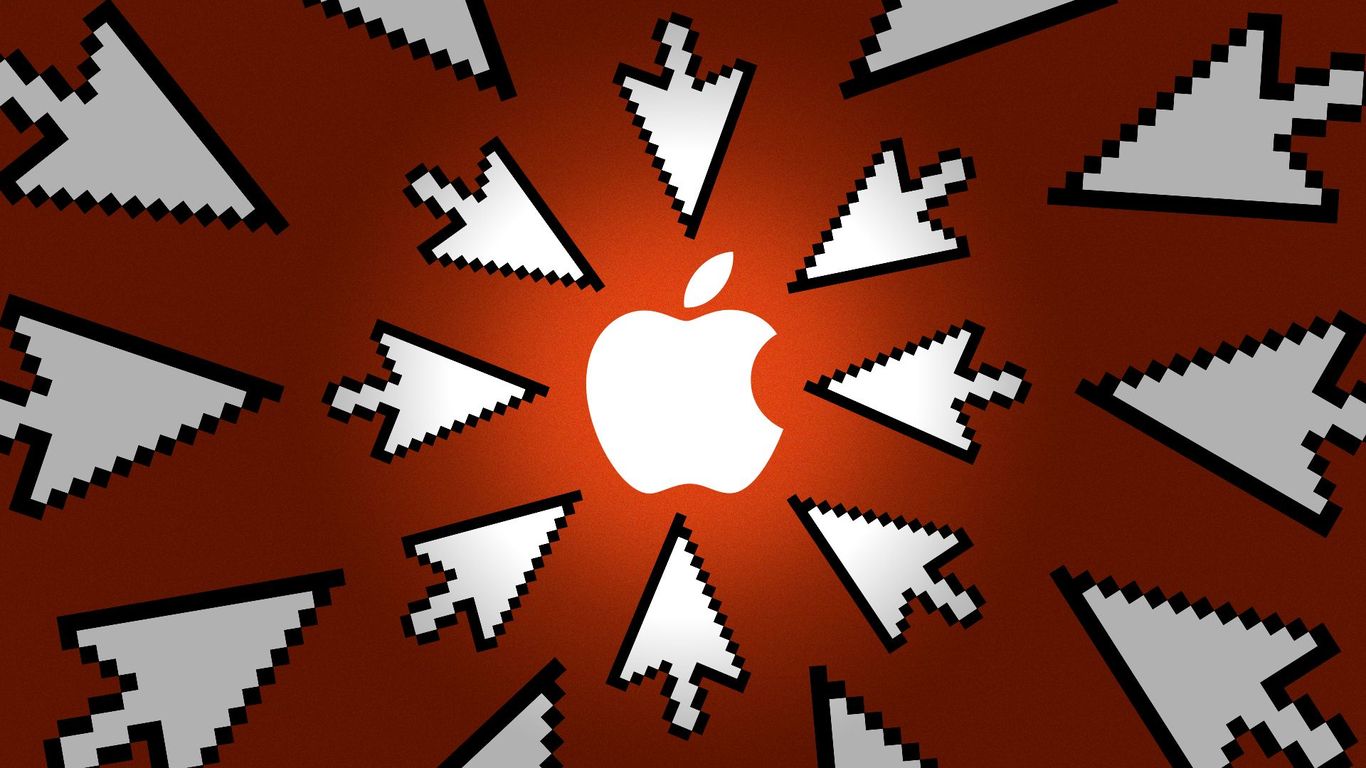
The Shifting Sands of Global Manufacturing: How Tariffs Reshape Tech’s Landscape
The global tech landscape, once seemingly unshakeable, is feeling the tremors of escalating trade tensions. Specifically, the impact of significant tariffs on imported goods is sending ripples through the very foundations of some of the world’s most recognizable tech giants. One company, in particular, finds itself navigating a dramatically altered playing field, forced to rethink decades-old strategies built on a foundation of efficient, globally dispersed manufacturing.
For years, this company, a titan in the consumer electronics world, has thrived on a carefully orchestrated global supply chain. This intricate network, spanning multiple countries, allowed for the seamless integration of component manufacturing, assembly, and final product distribution. The result was a highly efficient model, delivering cutting-edge products to consumers worldwide at competitive prices. This delicate balance, however, is now being significantly disrupted.
The imposition of substantial tariffs on goods imported from key manufacturing hubs has introduced a critical variable into the equation. These increased costs are not merely an accounting detail; they represent a fundamental shift in the economics of production. What were once cost-effective practices are now facing a significant financial burden. The previously optimized supply chain, designed for minimizing production costs, is now grappling with a substantial increase in input prices.
The challenge goes beyond simple cost accounting. The impact on pricing is a major concern. Raising prices to offset the increased tariffs could alienate consumers, particularly in price-sensitive markets. Maintaining current price points, however, would significantly reduce profit margins, impacting the company’s overall financial health and future investment capacity. This delicate balancing act requires careful consideration of consumer demand elasticity and the long-term viability of the business model.
Beyond direct financial implications, the uncertainty surrounding future tariff policies creates further challenges. Long-term investment decisions, crucial for research and development, facility expansion, and workforce planning, are hampered by the volatility inherent in the current trade environment. Companies need predictability to make strategic decisions; constant shifts in tariffs introduce a level of risk that makes long-term planning extremely difficult.
This situation underscores the inherent vulnerability of businesses heavily reliant on complex, globally dispersed supply chains. The current environment forces companies to explore alternative strategies – including potential shifts in manufacturing locations, diversification of supply sources, and a renewed focus on automation and domestic production. These adjustments, while potentially necessary for long-term survival, require significant capital investment and operational restructuring, demanding significant time and resources.
The consequences extend beyond the affected company. The disruption of established supply chains has knock-on effects throughout the entire ecosystem. Suppliers, distributors, and retailers all feel the pressure, creating a cascade of adjustments throughout the industry. The impact on employment, both domestically and internationally, also needs to be carefully considered.
The current situation highlights the intertwined nature of global trade and the technology industry. Navigating this complex landscape requires adaptability, strategic foresight, and a deep understanding of the evolving geopolitical dynamics. The future of this company, and indeed the future of global manufacturing, depends on the ability to successfully navigate these turbulent times.



Leave a Reply